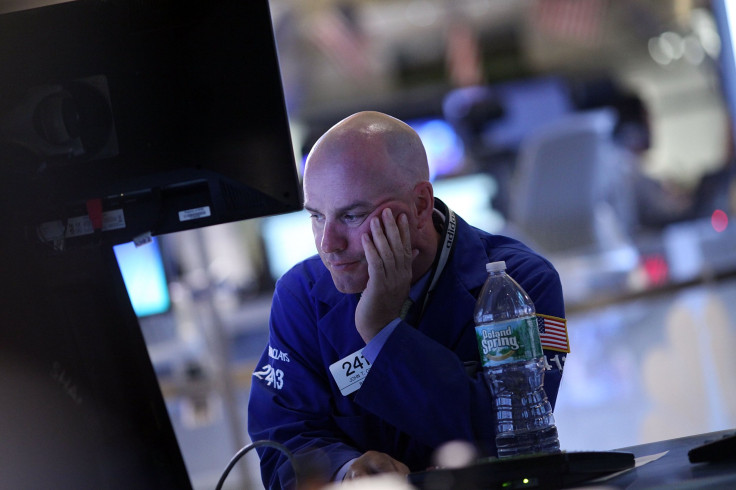China Market Meltdown Post-Rally Stock Pullback Reflects Investor Uncertainty Amid Deep Global Losses: Report

After Chinese market volatility killed the momentum of a rally spurred by optimism about U.S. economic growth, U.S. stock futures and European shares fell Friday, the Wall Street Journal reported. Performance in the Asian market pointed to a 123-point opening loss for the Dow Jones Industrial Average and a 0.8 percent drop for the S&P 500. These changes in futures aren’t always reflected accurately after the opening bell on Wall Street.
However, after a week of sharp swings in global stocks, investors’ uncertainty is more apparent, Guy Foster, research director at the wealth managing firm Brewin Dolphin, told the Journal. “There are a lot of irrational moves going on in markets as a result of investors not really knowing how to read what’s happening,” he said.
China’s Shanghai Composite Index ended 4.8 percent higher Friday, which some analysts attributed to the government’s intervention. Leaders in Beijing cut interest rates, among other measures, following Chinese stocks' worst single-day percentage loss in eight years Monday.
The losses sent the Dow tumbling to an 18-month closing low. European stocks posted their biggest one-day drop since December 2008. The Dow and the S&P 500 recouped all of their losses from the past week, but the Stoxx Europe 600 saw little change.
“Evidence that the economy is still growing [in China]” would help stabilize the Chinese markets and have positive effects on the U.S. and European indexes, Chris Iggo, AXA Investment Managers chief investment officer, wrote in a note to his clients.
Economists at Barclays wrote in a note to clients that markets haven’t reached “the end of the storm,” adding that “concerns about China’s economy continue to act as a major weight on [emerging-market] sentiment.”
The uncertainty comes as investors watch for hints of whether the U.S. Federal Reserve will raise interest rates. The global market turmoil has prompted experts to shift their estimated timetables on a rate increase. “Unless things improve very quickly and substantially in China over the next few weeks, September is pretty much off the table [for a rate increase],” David Tan, head of JPMorgan Asset Management’s global rates team, told the Journal.
© Copyright IBTimes 2024. All rights reserved.












